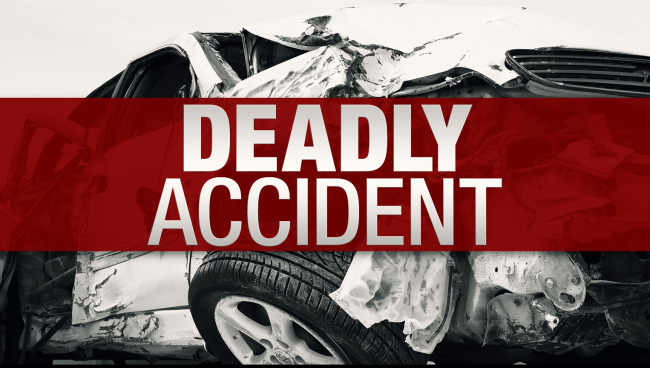The WV Department of Transportation stated last week it will no longer use a controversial guardrail that has contributed to several deaths.

West Virginia officials stated that no new Lindsay X-LITE guardrails will be installed in the state. But there are 900 in place, and they will remain for the time being.
There are five wrongful death lawsuits filed against Lindsay Transportation Solutions that claim its guardrail end terminal is defective. At least seven have died in guardrail crashes where the guardrail impaled the vehicle during the accident.
One of those fatalities occurred in Fauquier County, Virginia when a woman was driving to Tennessee for Christmas in 2016 when she ran off the highway and hit an X-LITE. The Virginia Department of Transportation stated that that accident was one of three in the state. That crash killed the woman at the scene; the other accidents have not resulted in deaths.
VDOT removed the devices from its approved list in 2016. It is replacing the 500 X-LITES that have been installed on roads with a 55 MPH speed limit or higher.
Twenty three states have removed the guardrail system from their qualified products list in the past two years. Nine states are removing the X-LITEs that are installed today. But hundreds more are still installed on roads across America.
X-LITE contends that its product has passed crash and safety tests per Federal standards, and there is no road safety equipment that can avoid an injury in every accident when a driver does not stay on the road.
Our View
Our personal injury attorneys are concerned that the guardrails continue to cause serious injury and death in West Virginia and Virginia, among other states.
There has been some success on the legal front recently to hold these companies accountable. Another guardrail company in 2016 was ordered to pay a $663 million settlement after the jury found the company had committed fraud; that case is under appeal.
Safety advocates argue the federal government is not giving enough oversight of companies that manufacture guardrails. The only major tests that are done are when drivers hit them in the real world.
Perhaps if families of the dead continue to file wrongful death lawsuits in these tragic crashes, companies will consider improving the quality of the guardrails. Wrongful death lawsuits in car accidents often involve large payouts, and can be a convincing factor for companies to get serious about safety.








